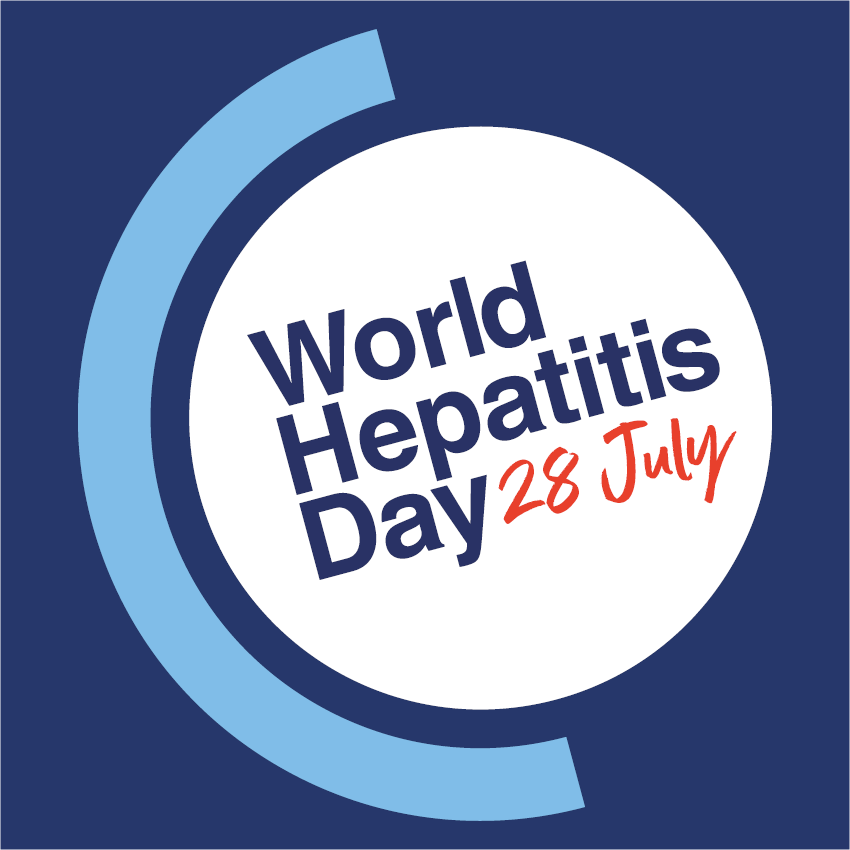Overweight and health: The link that we should not ignore
.webp)
Obesity is not only a metabolic, but also a socially significant disease that has reached epidemic proportions worldwide. This condition is associated with numerous health and social problems and affects people of all age groups, economic strata and cultures. According to the latest data from the World Health Organization (WHO), in 2022, 2.5 billion adults (over 18 years of age) were overweight, of whom 890 million were obese. This shows how critical this health problem is, which continues to grow at an alarming rate.
What is obesity?
Obesity is defined as the excessive accumulation of fat in the body, which poses a health risk. It is diagnosed by measuring body mass index (BMI), with a BMI ≥ 30 kg/m² considered obesity. Measuring waist circumference is another important and easy method for assessing the degree of obesity and assessing the risk of concomitant health problems. Men with a waist circumference ≥ 94 cm and women with a circumference ≥ 80 cm of the European race have an increased risk of obesity-related diseases such as cardiovascular problems, diabetes, etc.
If you fall into this category, did you know that Obesity is a major risk factor for numerous chronic diseases, including:
- Type 2 diabetes mellitus: Being overweight increases the risk of insulin resistance, which is a leading factor in the development of type 2 diabetes;
- Cardiovascular diseases: Increased strain on the heart and circulatory system can lead to hypertension, ischemic heart disease, heart failure and stroke;
- Non-alcoholic fatty liver disease (NAFLD): The accumulation of fat in the liver can cause inflammation and cirrhosis;
- Gout: Obesity increases uric acid levels in the blood, which can lead to the formation of crystals and gout attacks;
- Orthopedic problems: Excess weight puts pressure on the joints, leading to pain in the knees, hips and spine;
On the other hand, if you reduce your body weight, even by 5-10% it can significantly reduce the risk of many diseases. Losing weight helps to:
- Improving blood pressure and reducing the need for antihypertensive therapy;
- Reducing the risk of developing type 2 diabetes and improving glycemic control;
- Improving the lipid profile and reducing the risk of atherosclerosis;
- Increase energy levels and overall physical well-being;
- Improving quality of life and sexual function;
Strategies to control and reduce weight
Successful management of obesity requires a comprehensive approach involving change in eating habits, physical activity, and behavioral therapies. At the heart of any weight loss strategy is a reduction in caloric intake, and it is recommended to set realistic goals of moderate weight reduction (i.e. 5-15% of initial body weight) within 6 months.
Here are some specific recommendations:
- Limit the intake of processed foods: Reduce the consumption of sugar, salt and fat, which are usually contained in processed foods;
- Reduce the size of food servings: Eat more often, but with smaller portions to reduce the total caloric intake;
- Avoid intermediate meals: Reduce episodes of uncontrolled eating and overeating;
- Don't skip breakfast and avoid eating at night
- Constant hydration: Drink enough water during the day, as it helps metabolic processes and can reduce the feeling of hunger;
- Maintain physical activity: The latest international recommendations advise to perform a minimum of 150 minutes per week of moderate intensity aerobic exercise and at least 75 minutes per week of intense aerobic exercise. In addition, it is recommended to include strength exercises at least three days a week. And let's not forget that any movement is better than none! The easiest way to get moving and improve your health is to start walking. It's free, you don't need any extra gear and you can do it anywhere.
If you have difficulty achieving the desired results and lifestyle changes are not enough to achieve a healthy weight, it may be necessary to include pharmacological treatment or bariatric surgery. Some of the medications available help suppress appetite, reduce fat absorption, or speed up metabolism. Bariatric surgery (such as gastrectomy and bypass) may be recommended for people with severe obesity and related health problems.
Constant support and motivation
It is necessary for patients to realize that obesity is a chronic disease that requires constant commitment and effort to maintain the results achieved. Small changes that lead to sustainable habits are the key to long-term success. It's important to keep moving, eat healthy, and seek support when needed.
Obesity is much more than an appearance problem — it is a serious disease that can have a significant impact on health and quality of life. The approach to it must be multidisciplinary, involving medicine, psychology, nutrition and physical activity, in order to achieve lasting change and improvement in health and well-being. Consultation with a medical professional is essential.
Trust the endocrinology specialists at Haelan Medical Center who can help you discover the root causes of weight gain and develop a personalized treatment plan tailored to your individual needs and goals.


.webp)

